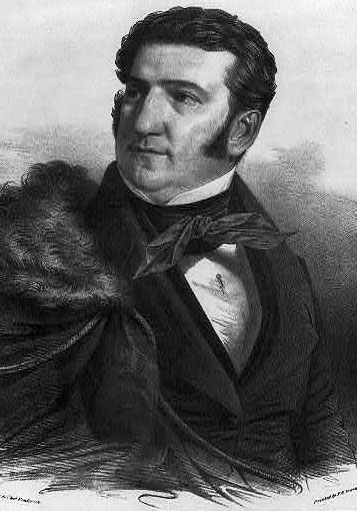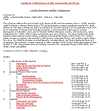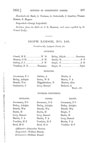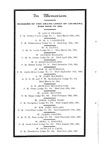Alexander Mouton
1843-1846

|
Alexander Mouton was a descendant of Acadian exiles born on Bayou Carencro in the Attakapas District, an area that includes present day Lafayette, Iberia, Vermillion, St. Mary, and St. Martin Parishes. As a child, he attended French-speaking schools and also became fluent in English. He graduated from Georgetown College in Washington, D.C., in 1820, and went on to study law under two attorneys in St. Martinville, Louisiana. He was admitted to the Louisiana bar in 1825 and began practicing law in nearby Vermillionville. Mouton was elected to the Louisiana House of Representatives in 1826, and continued to serve as a representative for ten years, the last two as Speaker. In 1937, he filled a vacant seat in the United States Senate and remained there until 1842. He left that post to run for governor. As governor, Mouton presided over the Constitutional Convention of 1845, which produced a constitution that included a system for public education, removed voting qualifications based on property ownership, and created the offices of Lieutenant Governor, Superintendent of Education, and State Librarian. Mouton also garnered criticism for his economic policies, which included balancing the state budget. In order to balance the budget without raising taxes, he reduced state spending and sold off state assets, including bank stock, land, steamboats, and slaves. The majority of the proceeds from this liquidation was used to settle state debts, with the exception of proceeds from the sale of land, which were reserved for education expenditures. When his term was over, Mouton became a sugar cane planter and railroad promoter. In 1861, Mouton served as Chairman of the Louisiana Secession Convention, leading to the Ordinance of Secession which declared Louisiana to be a sovereign state. During the Civil War, Mouton's plantation was seized by Union troops and used as one of their headquarters. Mouton died in Vermillionville, present day Lafayette, in 1885. Mouton was a member of Hope Lodge No. 145 in Lafayette Parish, having affiliated with that lodge in 1858. |
| Additional resources from the University of Lafayette, Special Collections and Archives: |
|
|---|---|

Alexander Mouton papers Download PDF finding aid Go to finding aid online |

Lucile Mouton papers Download PDF finding aid Go to finding aid online |


